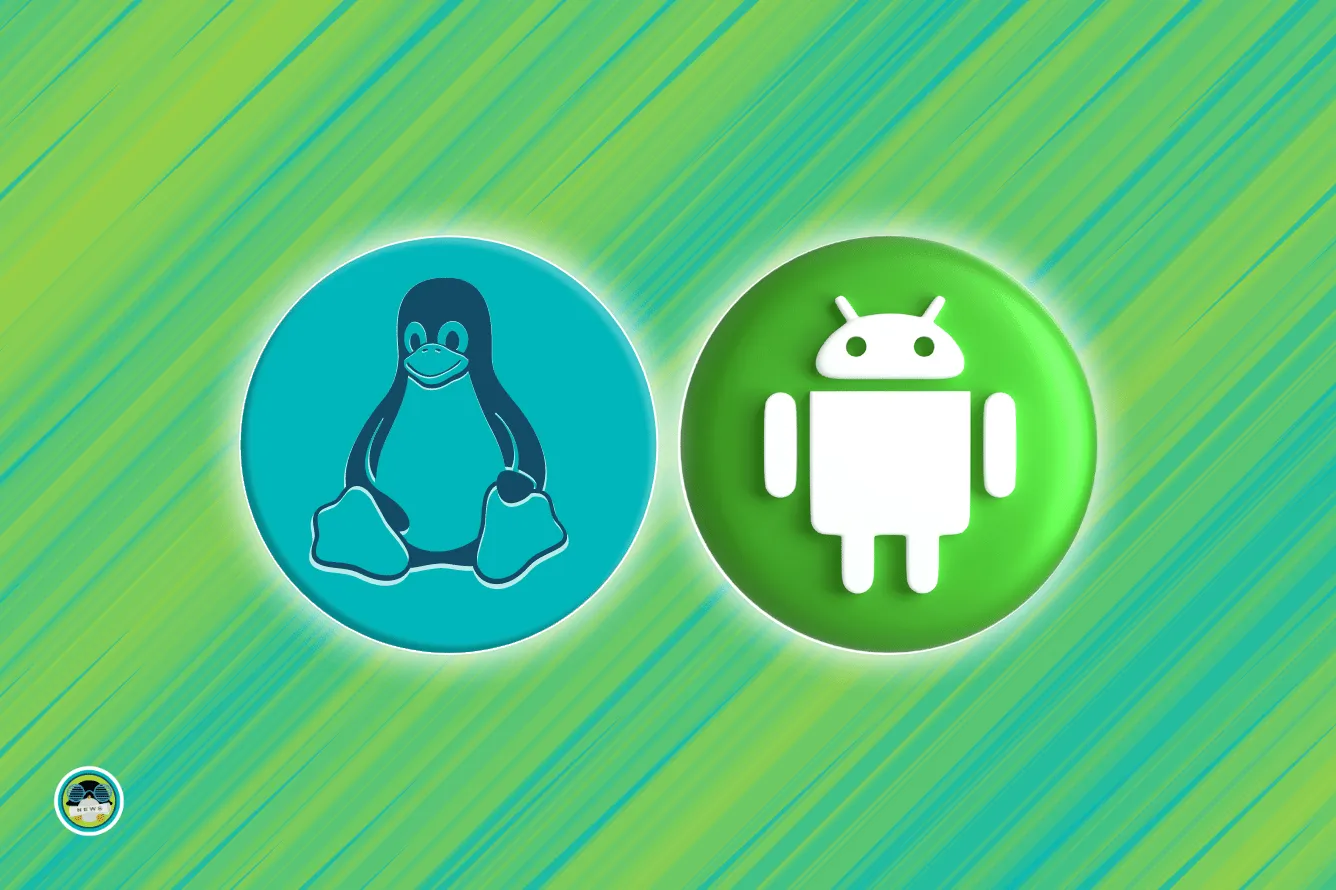The Ubiquitous Nature of Linux in Your Phone and Beyond
When we think of mobile phones, we often think of the apps, the sleek design, and the endless hours of scrolling. However, what we often overlook is the underlying technology that powers our phones. One of the most important components of the mobile phone is the operating system, which is responsible for managing the hardware resources and providing a platform for application development. And as it turns out, Linux is at the heart of many mobile operating systems, including Android.
The Linux kernel is an open-source software project that serves as the foundation for many operating systems, including Android. The kernel is responsible for managing the hardware resources, including the CPU, memory, and input/output devices, and providing a layer of abstraction between the hardware and the software running on it. This abstraction layer allows developers to write applications that can run on a wide range of devices, without having to worry about the underlying hardware.
One of the key benefits of open-source software is the ability to customize it to meet specific needs. Android, for example, is powered by a modified version of the Linux kernel, which has been optimized for mobile devices. This customization allows for better performance, longer battery life, and improved security.
Another way that Linux is used in mobile phones is through virtualization. Virtualization is the process of running multiple operating systems on a single piece of hardware. This can be useful for developers who want to test their apps on different operating systems without having to use multiple physical devices. By running virtual machines on a phone that uses Linux, developers can test their apps on a wide range of operating systems.
Furthermore, Linux is also used in the development of mobile apps. Many popular programming languages, such as Java and Python, are supported by Linux. This means that developers can use Linux to write, test, and debug their apps, even if the app is intended for a different operating system, such as iOS.
In addition to Android, other mobile operating systems also use Linux. The Tizen operating system, developed by Samsung and Intel, uses the Linux kernel as its foundation. Additionally, many embedded systems, such as those found in cars, use Linux as well.
Linux has been around for more than 20 years, and it has become one of the most popular operating systems in the world. It is used in everything from servers to supercomputers, and it powers many of the world’s largest websites and services. Moreover, it is a free and open-source operating system, which means that anyone can access and modify its source code. This has led to a large and active community of developers who are constantly working to improve and enhance the operating system.
Looking forward, the role of Linux in mobile computing will only continue to grow. With the rise of the Internet of Things (IoT), Linux is becoming increasingly important as a platform for connecting and managing a wide range of devices. This includes everything from smart home devices to industrial machinery. As the mobile industry continues to evolve and innovate, Linux will remain a key player in shaping the future of mobile computing.
So the next time you use your phone, remember that it’s powered by the same technology that runs many of the world’s servers and supercomputers. Linux truly is everywhere! It’s in your phone, your car, and even in the applications that you use every day. And with the continued growth of the mobile industry, Linux will continue to play a vital role in shaping the future of mobile computing and beyond.

